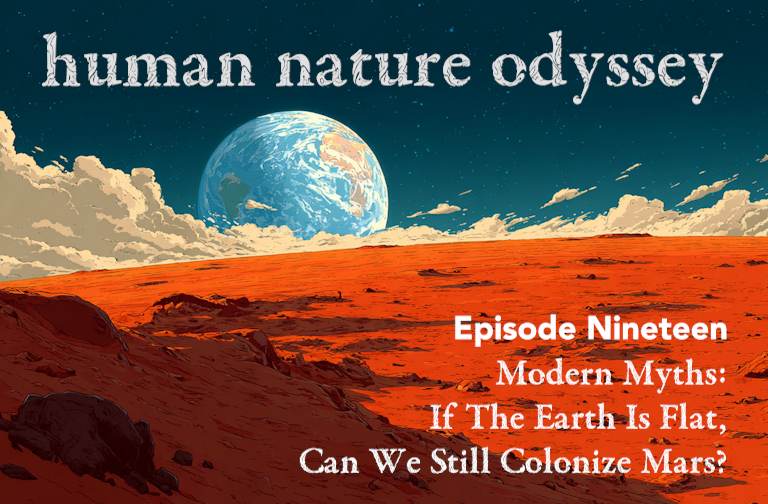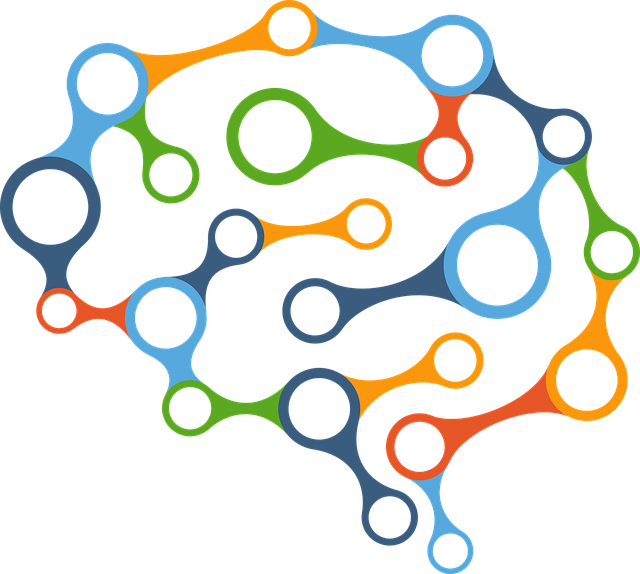
A few times now I have played a game with friends in which you try to get your team to guess a word on a card by way of hints/words you come up with. What makes it hard is that you may not use long words that need more than one “sound” to speak (yes, there is a word for that, but if I used it here, I would break the rules). If you slip up and use a “big” word, you get bopped on the head with a club (a soft one that is blown up with air from your lungs).
What I found was that my style is not the same as that of my friends. They tend to speak one word at a time, each one picked as a key hint that might—on its own—help close in on the word to be guessed. An example might be that hints for the word “soup” would be words like “hot,” “slurp,” “bowl,” “cup,” “broth.” It gets the job done.
But I tend to speak whole thoughts as a string of words that have nouns and verbs and all the bits that join them—the way we tend to speak in real life. And for the most part, I seem to keep up a pace close to what I can do in day-to-day speech—if not just as fast. In the “soup” case, I might say “It’s a type of food made with broth that you eat or slurp from a bowl or cup: best on a cold day or when you’re sick.” I can tell you that it works well. My friends are so quick to guess the right word when I use this scheme that I don’t make it to the end. It turns out that our brains are well-tuned to this style of speech.
On a lark, I thought I would try to write based on these rules, to see where it might go. So far, so good—sort-of. A few times I have had to go off on a strange path to make my point, when a key thought seems to have no short word that can do the job. But as I wrote more, things took a turn that I had not guessed would come to pass when I set out. The lark took the shape of a post!
Words do not make the world. They can’t catch all that is real. Words can’t give a full sense of how red does not look like blue, or what light is, or how quarks move, or why some things are charged or what charge is, in fact. Words are not up to the task. The world has been here for far more time than words have, so does not and can not work based on them. Words can give no more than a poor, pale sense of the truth of things.
What I want to do in this post, just for fun (well, more than that), is use the rules of this game to show how hard it is to make a strong and clear case for a point that would still be tough to make if I could use all words. I think/hope we can learn from it. When bound to a small set of words, all kinds of wrong views can be spawned in the cracks that are left. But this is true as well when the full set of words can be used, which is—let’s face it—still a small set in the grand scheme of things. In each case, words have no choice but to fall short of the full deal.
Continue readingViews: 1049









